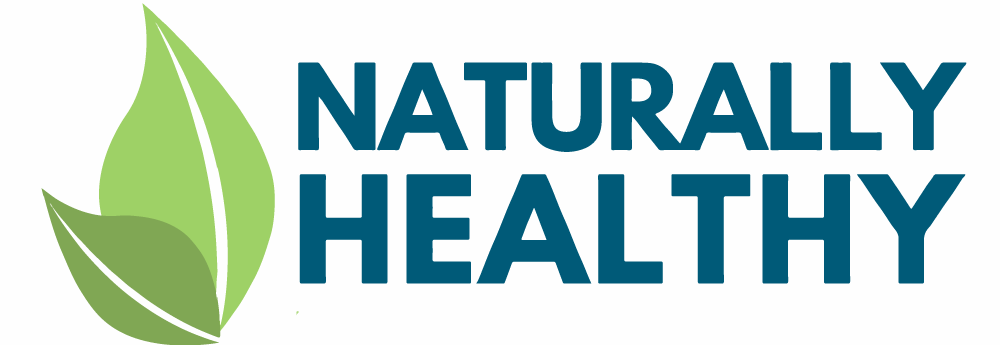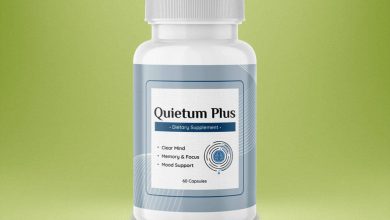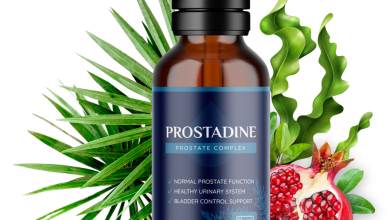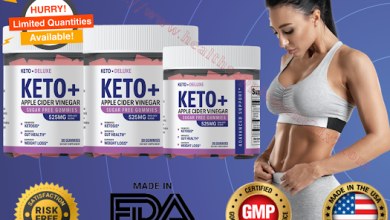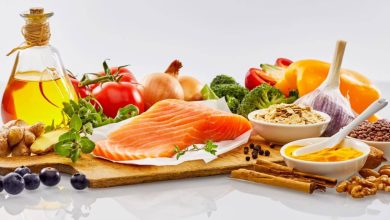High in Calcium Healthy Foods
Your body retains too much calcium. About 99% of this mineral is stored in your bones and teeth. The remaining 1% is in your blood and soft tissues.
Eating calcium-rich foods is essential for the growth and maintenance of strong bones. It is also an important nutrient for healthy cell function. Your body needs calcium to support muscle and nerve function, regulate blood pressure and hormone levels, and facilitate communication between cells.
Why do you need calcium?
Calcium is essential for almost all processes in the body. Your body cannot produce calcium. You must get calcium from food and supplements, but your body absorbs it better from food. Calcium is also found in some medications, such as antacids. Recommended daily amount of calcium:
Children 1-3 years old: 700 mg
Children 4-8 years: 1,000 mg
Children 9-18 years: 1,300 mg
Pregnant and lactating: 1,300 mg
Adult men 19 to 70 years old: 1,000 mg
Adult women 19-50 years old: 1,000 mg
Adult males 71+ and females 51+: 1,200 m
Calcium acts as a critical nutrient for:
Cellular Function
Your body always maintains a certain level of calcium in your blood to allow your cells to function properly. A drop in blood calcium levels causes your body to borrow calcium from your bones.
Bone Health
Your bones are constantly being broken down and rebuilt. Before age 30, your rate of bone formation is higher than your rate of bone loss. After the age of 30, the rates reverse. This is why older people’s bones are more fragile and have a higher risk of fracture.
Osteoporosis occurs when there is an imbalance between bone formation and bone destruction. To reduce your risk of osteoporosis, try to build the strongest, densest bones before age 30. One way to prevent bone loss after age 30 is to get enough calcium. This reduces the amount your body has to get from your bones.
Blood Pressure Control
Calcium helps blood vessels contract and relax, making it essential for maintaining healthy blood pressure. Recent research shows that calcium must be obtained from foods, not supplements, to reap this benefit.
Reducing the Risk of Kidney Stones
Calcium also prevents kidney stone formation by reducing the absorption of oxalates found in many plant foods such as spinach, beets, raspberries, and sweet potatoes. Oxalates are associated with a higher risk of developing kidney stones. Only dietary calcium, not supplements, can help reduce this risk.
Foods With Calcium
Although there are many supplements available, scientists suggest that at least half of your calcium intake should come from your diet.
These eight foods are among the best sources of calcium available:
1. Dairy Products
Products like milk, yogurt, and cheese are high in calcium and tend to be the best-absorbed sources of calcium. Calcium is also not absorbed by plants and fortified foods.
2. Soybean
Dry roasted soybeans are a good source of calcium. Half a cup contains 119 mg of calcium, making it an excellent source of calcium for those following a vegan diet.
3. Dark Green Leafy Vegetables
Cooked cabbage, spinach, and kale are good sources of calcium. Highest Amount of Kale: Half a cup provides 164 mg of calcium.
4. Foods Fortified with Calcium
Orange juice and muesli are often fortified with calcium. Calcium citrate malate is a highly absorbable form found in some fortified juices. There are also fortified cereals that provide up to 100mg of calcium per serving.
5. Canned Salmon
Along with dairy products, canned salmon is one of the best dietary sources of calcium. Just 3 ounces of canned salmon provides 181 mg. Salmon also contains vitamin D, which helps your body absorb more calcium.
6. Coward
Five dried or fresh figs provide your body with 68 mg of calcium. Papaya and orange are two other fruits rich in calcium.
7. flour bread
Good news for carb lovers: A 10-inch flour tortilla provides you with 90 mg of calcium.
8. canned dried beans
Four ounces of canned beans contain 126 mg of calcium. Beans also contain a lot of fiber.
